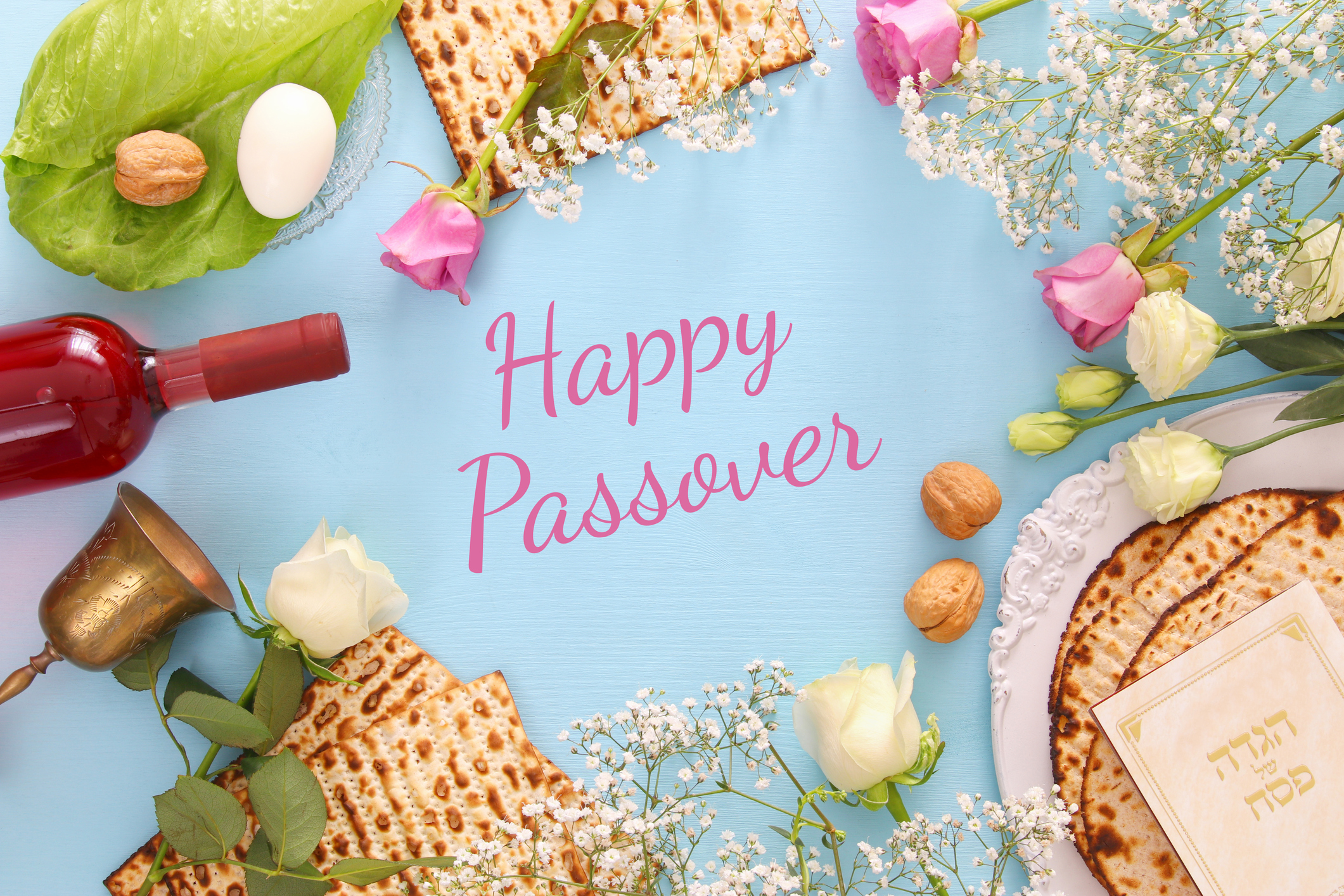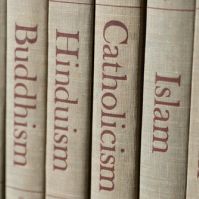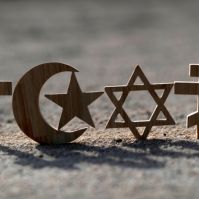 This year, families who have both Jewish and Christian heritage will experience an overlap of Passover and Easter. Is there a way to have an interfaith holiday without it turning into a celebration where the kids are looking for a chocolate-covered piece of Matzah? Sharing the holiday might be difficult, but by taking the time to honor each holiday and find the relationship between the two, you can make the time special for your family.
This year, families who have both Jewish and Christian heritage will experience an overlap of Passover and Easter. Is there a way to have an interfaith holiday without it turning into a celebration where the kids are looking for a chocolate-covered piece of Matzah? Sharing the holiday might be difficult, but by taking the time to honor each holiday and find the relationship between the two, you can make the time special for your family.
What Is the Relationship Between Passover and Easter?
Passover is when the Jews remember the escape from Egypt. They were going from a life of suffering to a new life. There is a hope around Passover, even though it is a very somber holiday. Easter offers hope to Christians, the expectation of a new life after death. Jesus made many allusions to the Exodus and Passover, as it is a major holiday of the Jews.
One tradition of the Seder, the Passover meal, is to make a plate with carefully prepared foods:
Lamb: For Jews, the lamb represents the blood that saved the oldest child, while Jesus is seen as the lamb of God by Christians. Egg: The egg commemorates a sacrifice made at the temple, but for Christians it represents life. Bitter herbs: This represents the bitterness of slavery. When Jesus hung on the cross, he was given bitter wine. Vegetables and salt water: Parsley or celery is dipped into salt water to represent the tears of the Jews. Haroset: Haroset is a paste made of apples, nuts, wine and spices. It represents the clay used to make bricks for the Egyptians while the Jews were in slavery. It's also sweet, which offsets the bitter herbs, representing the sweet taste of freedom.
Talk about the connections you can make between the items on the Seder plate and Easter.
Finding Unity in the Holidays
Read the Passover story one night. Another night, read the Easter story and reflect on how the people felt. During Passover, many families emphasize a commitment to social justice and unity. Good Friday was a time of sober reflection for the Christians, which could be compared to Yom Kippur. With your children, you could discuss things that make you sad. Then, talk about how to be happy after you're sad. Where does your family find hope?
During a Passover Seder, a piece of matzah, called the afikoman, is hidden. Before the meal can be finished, the afikoman has to be found. It is the last the piece of food eaten at the Seder meal, so that the taste of Matzah remains in the mouth. Sometimes, parents hide the afikoman and let the children search for it, and other times the children hide it and the parents search. Tradition says this ritual distinguished the Passover Seder from pagan rituals of moving from one party to another.
Obviously, the parallel of the afikoman is in hiding Easter eggs. Make your Easter egg hunt special by including small plastic eggs filled with different treasures. In some of the eggs, place words or pictures to represent kindness, hope, gratitude and other character traits. When the eggs are opened, talk to your children about the sweetness of those words.
Respecting Culture
Should Christians even remember the Passover? Should Jews remember the resurrection? Only you can answer those questions for your family. But there is evidence that when people understand the religious culture of another community, it can bring people together. Christianity and Judaism are intertwined in history, but many Christians do not understand the Jewish holy days. Even if you do not celebrate Easter or Passover, you can still relate to people who do when you understand why these holidays are important.



